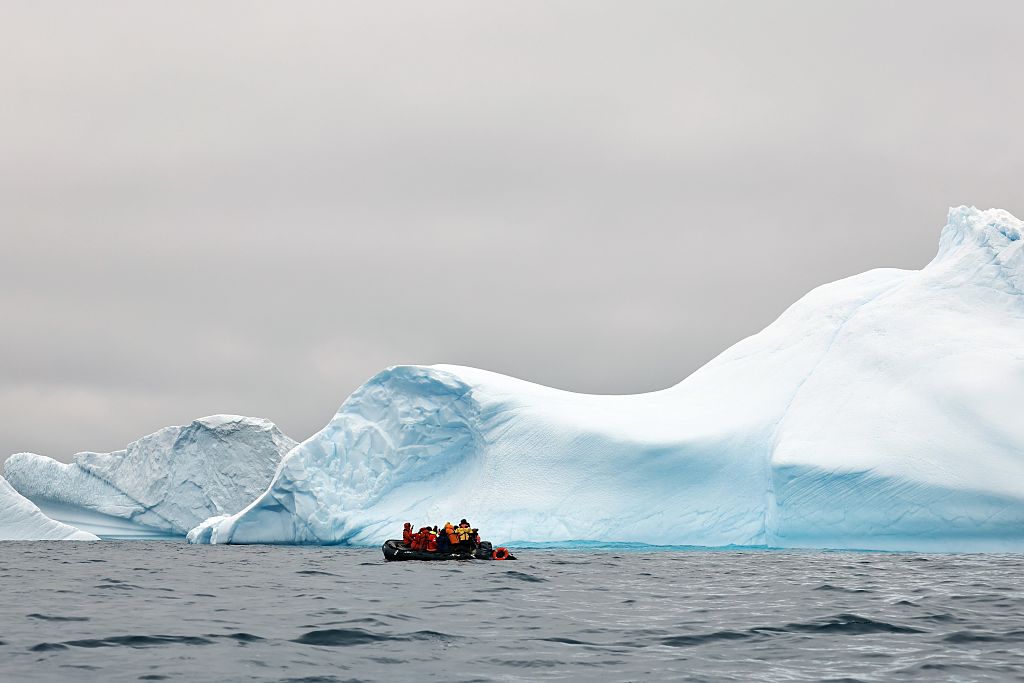Colombian Minister of Defense Outlines Two Visions for the Hemisphere
Colombian Minister of Defense Outlines Two Visions for the Hemisphere
Latin America is “at a crossroads” marked by the struggle between competing futures, according to Colombian Minister of Defense Juan Manuel Santos. This clash will shape internal and external geo-politics for years to come, forcing the United States to pay close attention to engagement with its friends.
In a candid assessment of competing political visions, Colombian Minister of Defense Juan Manuel Santos issued a warning to the next U.S. president: Latin America is “at a crossroads” and may be a foreign policy challenge under certain circumstances.
At the COA's annual Washington Conference on the Americas, Minister Santos offered a detailed explanation of this “new specter haunting Latin America.” According to him, it is an ideology that claims similarity to Marx but lacks the intellectual heft of his ideas. Instead, this form of neo-populism sees democracy in a different way and “makes a mockery of the system of checks and balances that Madison fought for [and other countries replicated] in the Federalist Papers.” Further, these neo-populist ideas do not respect private property or freedom of expression and feed on both confrontation and perceived external threats. The clash between liberal democracy and such neo-populism will shape internal and external geo-politics for years to come.
Under the leadership of President Álvaro Uribe, Colombia has become a model of democratic security—a country of security for all Colombians within a democratic framework. This transformation was only possible with the help of many friendly countries, including the United States and its commitment through Plan Colombia. This increased security does not guarantee economic growth but it facilitates such progress. Today, according to Minister Santos, Colombia is now one of the world’s most attractive emerging economies.
But challenges remain for mitigating the influence of this competing vision. Armed and unarmed tactics have been used to attempt to destabilize President Uribe, but six years into his presidency, he remains the most popular world leader. In addition, the Coordinadora Continental Bolivariana continues to work across borders as an umbrella organization for guerrilla groups.
One answer to this struggle is the development of a new concept of integration that prioritizes social development, security, and education (especially science and innovation) in addition to economic factors. On average, less than 10 percent of GDP in the region can be attributed to innovation—a far cry from the approximately 30 percent seen in the rest of the world. The United States should be an active partner in any new integration policy. But first, the United States must show Latin America that the region is important by not turning its back on friends.
For nearly four decades, the annual Washington Conference on the Americas has served as the top forum for government, industry, and policy leaders to engage in substantive analysis on timely themes affecting the Western Hemisphere.








